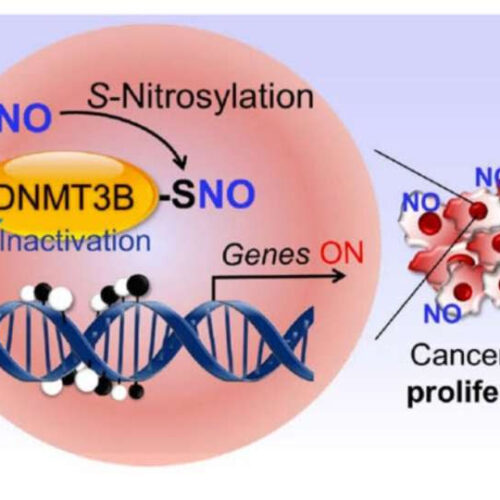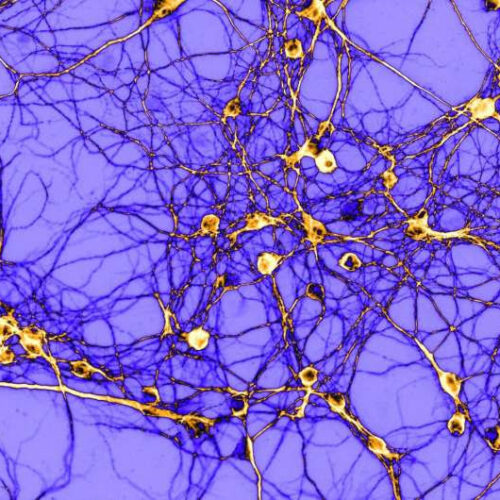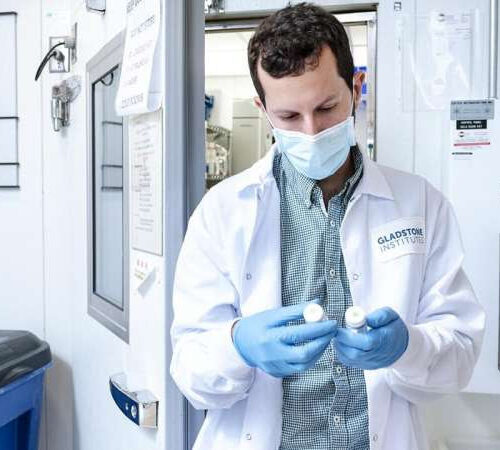by The Scripps Research Institute Researchers discovered that when the protein DNMT3B becomes S-nitrosylated in the presence of nitric oxide (NO), cancer-related genes become activated, leading to the proliferation of tumor cells. Credit: Scripps Research Scientists at Scripps Research, with collaborators in Japan, have discovered how a “poisoned” form of a protein could set off a cascade of...
Tag: <span>Molecular ‘switch’</span>
Molecular switch for addiction behaviour
by Heidelberg University Cultured neurons from the striatum of mice. Credit: Thomas Lissek / Hilmar Bading A molecular switch influences addiction behavior and determines how strong the response to addictive drugs is. A research team at Heidelberg University and the Sorbonne University in Paris (France) made the discovery in mice treated with cocaine. The researchers...
Flipping a molecular switch for heart fibrosis
by Sarah C. P. Williams, Gladstone Institutes Scientists at Gladstone Institutes discovered a gene that could prevent fibrosis in the heart. Shown here, Michael Alexanian, a postdoc in the Srivastava Lab and first author of the new study. Credit: Michael Short/Gladstone Institutes A healthy heart is a pliable, ever-moving organ. But under stress—from injury, cardiovascular disease,...
Molecular ‘switch’ reverses chronic inflammation and aging
by University of California – Berkeley Chronic inflammation, which results when old age, stress or environmental toxins keep the body’s immune system in overdrive, can contribute to a variety of devastating diseases, from Alzheimer’s and Parkinson’s to diabetes and cancer. Now, scientists at the University of California, Berkeley, have identified a molecular “switch” that controls...




